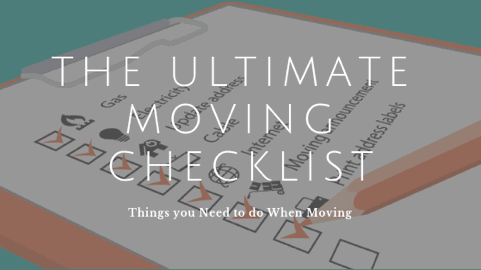Many people have chosen the buy to let property investment route and though the market has had some recent knocks, investing in property continues to be a lucrative option. There are a number of property investment success stories out there, and we take a look at why choosing to invest in property can be such a great option.
In the UK there are more than a million buy to let property investors, most of who have a couple of properties earning rental income for them. Sometimes it can be a property they have inherited or bought when they were single, earning them the title of ‘amateur buy to letters’. However, there are a considerable number of people who have taken buy to let property investments to another level, becoming ‘megalandlords’ like Judith and Fergus Wilson who had a 1000 strong property empire worth around £200 million.
In a Daily Telegraph article looking at buy to let gurus, investors like Jim Haliburton who owns 160 properties in the West Midlands and is currently buying at least one property a month, is passionate about the benefits of buying to let. With a strategy of doubling his money by purchasing a two/three-bed terrace in 2012 for £80,000, spending £32,000 on converting it into a five-bedroom property and then letting for a total annual rent of £18,000, the current market value of the same property in 2014 was £180,000. This style of property investment was also popular with Steve Bolton, who owned 20 properties around Bournemouth and Poole, buying under-priced property and converting it to accommodate more tenants.
However, that kind of property investment isn’t the only option available. For many, buying property nearby and doing it up by themselves isn’t a possibility, but there are far more hands-off property investment strategies available. Property investment company RW Invest has a long list of successful property developments, where buy to let investors have gained substantially on their investment. Through monthly rents, guaranteed yields and below market value property prices, it can be an incredibly lucrative option to invest with a specialist company like this.
In general, UK property has proved to be an excellent investment, with price rises across the country. Property prices in the UK have risen by an incredible 281% since 1996, and in London, where house prices are now incredibly high – they have risen by 501%. The Nationwide house price index showed that buy to let property investors typically earned £14,987 for every £1000 that was invested twenty years ago. Further success stories include one property investor who purchased a £80,000 terraced house in Oxford with a £4,000 deposit which is now worthy £525,000. Another property success was a 1996 purchase of a 1500 square ft apartment in central London which was bought for £218,000 with a £25,000 deposit and is now worth £1.5 million.
Property investment continues to be one of the best investments out there, with huge price rises in the UK. As rents continue to rise across the country, buy to let property also ensures an increasing income for potential investors too. Though becoming the next property success story isn’t as far away from you as you might have thought, with lucrative property investments available in affordable cities in the UK.
Read Also:






















